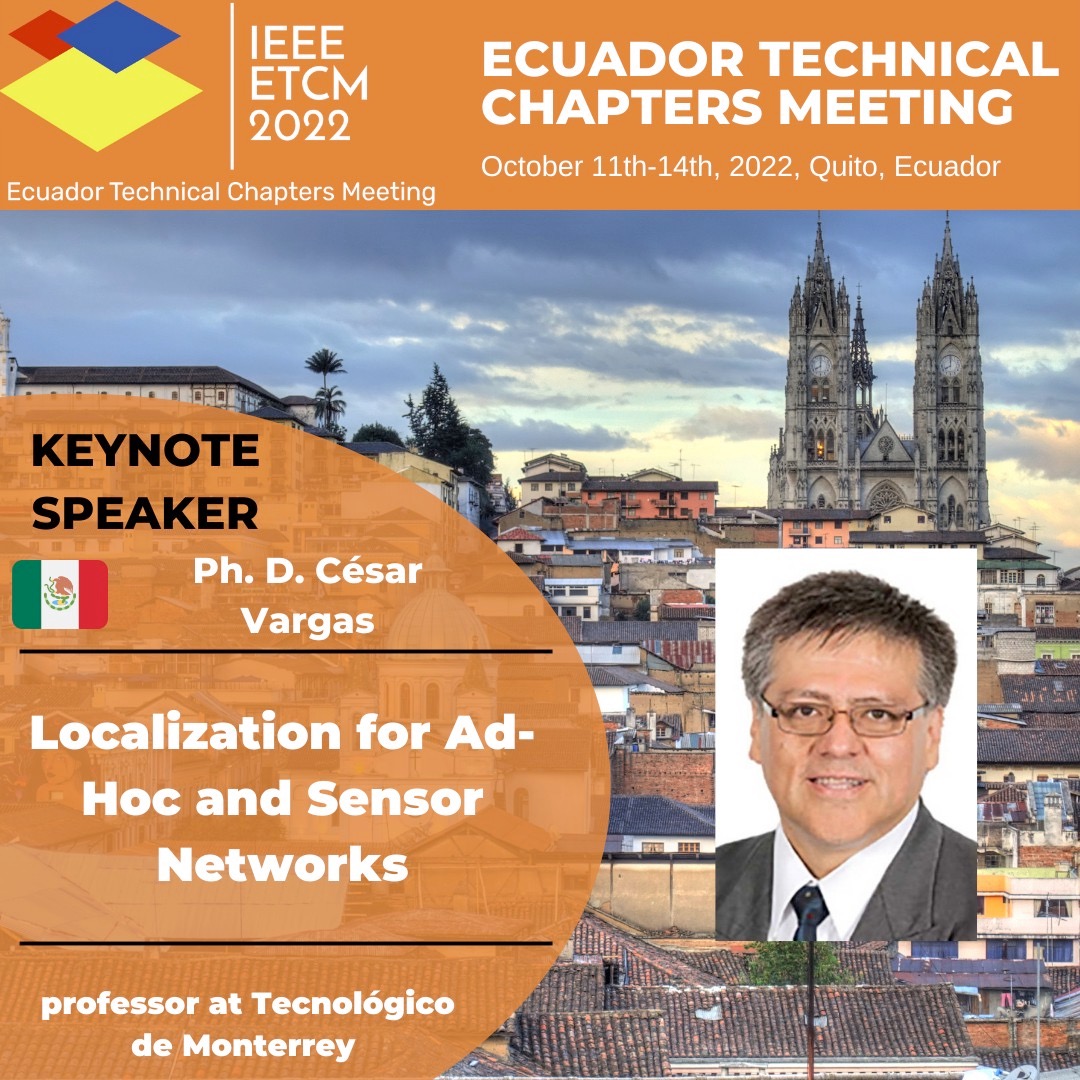Localization for ad-hoc and sensor networks

In this seminar, the position location fundamentals will be discussed for networks with infrastructure. Elementary techniques such as time of arrival (TOA), direction of arrival (DOA), angle of arrival (AOA) together with the use of received signal strength (RSS) will be presented. As an alternative to these techniques, a Doppler measurement will be used to locate moving objects. The discussion will change towards the wireless infrastructureless paradigm where we have as examples ad-hoc, sensor and reconfigurable networks. Different algorithms and techniques will be introduced, and their performance evaluated. The concentration on all the techniques is normally on a 2D scenario, then algorithms for the 3D scenario will also be presented with their corresponding performance. In the final part of the seminar, localization techniques in reconfigurable networks will be discussed and mobility will be considered in the localization problem.
Date and Time
Location
Hosts
Registration
-
 Add Event to Calendar
Add Event to Calendar
Loading virtual attendance info...
Speakers
Cesar Vargas-Rosales
Localization for ad-hoc and sensor networks
In this seminar, the position location fundamentals will be discussed for networks with infrastructure. Elementary techniques such as time of arrival (TOA), direction of arrival (DOA), angle of arrival (AOA) together with the use of received signal strength (RSS) will be presented. As an alternative to these techniques, a Doppler measurement will be used to locate moving objects. The discussion will change towards the wireless infrastructureless paradigm where we have as examples ad-hoc, sensor and reconfigurable networks. Different algorithms and techniques will be introduced, and their performance evaluated. The concentration on all the techniques is normally on a 2D scenario, then algorithms for the 3D scenario will also be presented with their corresponding performance. In the final part of the seminar, localization techniques in reconfigurable networks will be discussed and mobility will be considered in the localization problem.

